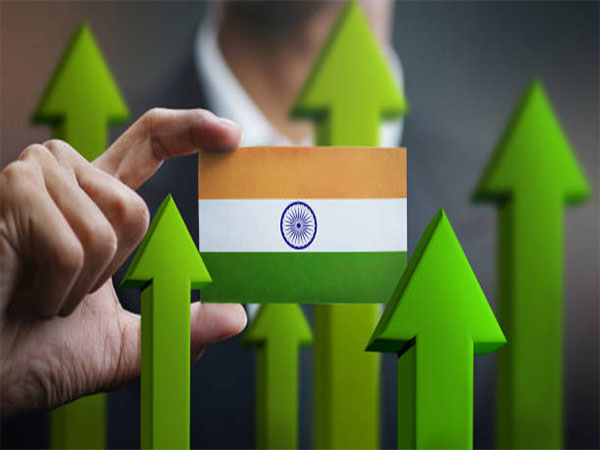India Poised to Transform Global Economic Landscape: Morgan Stanley Report
A recent Morgan Stanley report forecasts India's expanding role in the global economy. Factors such as rising credit-to-GDP ratios, growing manufacturing sector, stable policies, and demographic advantages position India to become a key player, with potential fiscal consolidation and increased equity investments bolstering economic stability.

- Country:
- India
India is poised to take on a more prominent role in the global economy in the coming decades, according to a recent report from Morgan Stanley.
With expectations of a rise in India's credit to GDP and a greater share going to manufacturing, the nation's global economic influence is set to expand significantly. Foundational factors such as strong population growth, a stable democracy, macroeconomic policies, enhanced infrastructure, an emerging entrepreneurial class, and improved social outcomes contribute to this trend. Morgan Stanley predicts India will become a highly desirable consumer market, undergo a significant energy transition, and experience growth in credit and manufacturing sectors.
The report also highlights robust consumer market growth and fiscal consolidation, bolstered by a reduced dependence on oil and increased exports, particularly in services. The government may achieve a primary surplus within three years, potentially leading to structurally lower real interest rates—conditions conducive to higher equity market P/E ratios.
Indian households' shift toward equities is expected to persist, driven by enhanced macroeconomic stability and a changing household financial landscape. Despite stocks de-rating compared to long bonds and gold, India is steadily securing a more substantial share of the global GDP.
While soft earnings growth since FY2025 is tapering off, market caution prevails. Despite historical lows in foreign portfolio investor positioning since 2000, Morgan Stanley remains optimistic about India's long-term growth prospects.
The report also acknowledges risks such as global economic slowdown, geopolitical uncertainties, rising oil prices, and ongoing supply chain disruptions, particularly concerning rare earth materials and fertilizers.
(With inputs from agencies.)
ALSO READ
Industry 4.0: How are IoT and TQM transforming smart manufacturing?
Ukraine and France Forge Drone Manufacturing Partnership
Andhra Pradesh Eyes Electronics Dominance: Naidu Sets Bold Manufacturing Goals
India's Manufacturing Boom: The Impact of PLI Schemes
India's Mobile Manufacturing Surge: From Imports to Export Powerhouse









